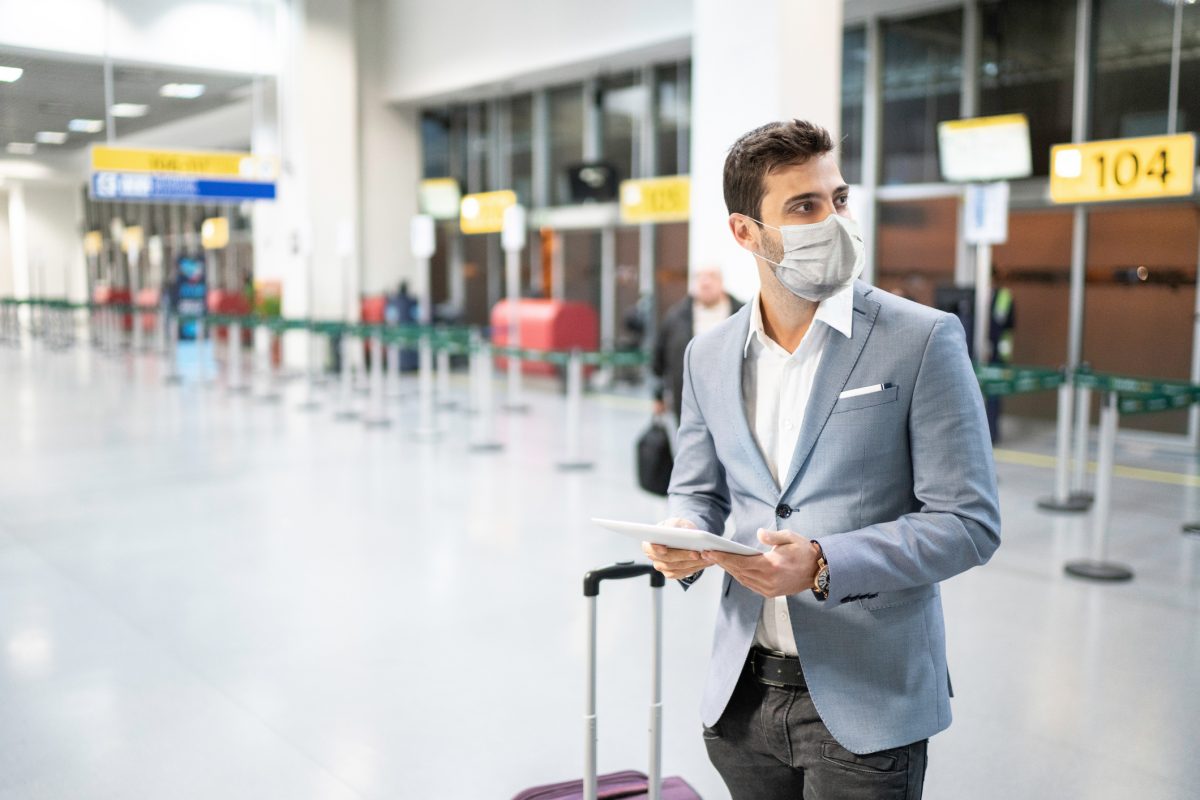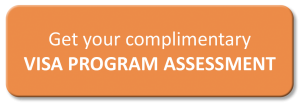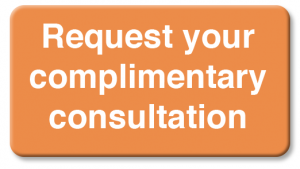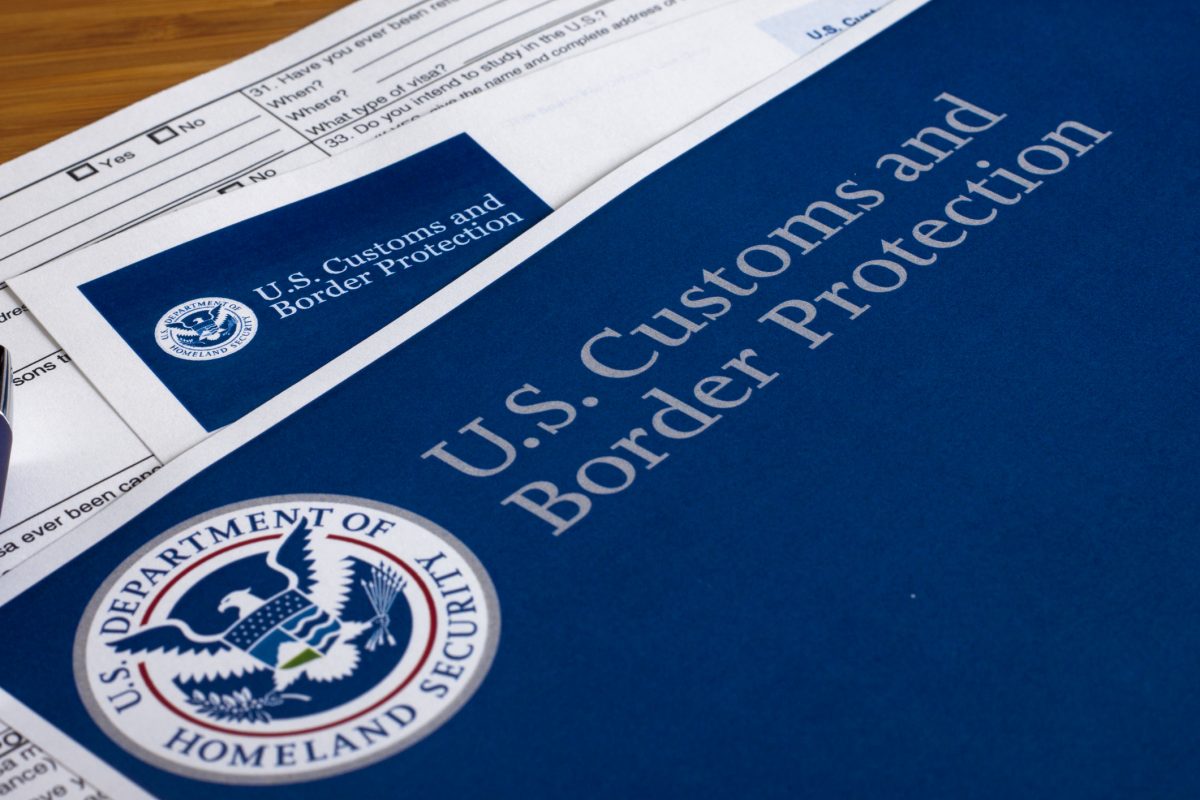The risks brought forth by COVID-19 resulted in unprecedented challenges and adaptations for many organizations as 2020 marched on. Today, an emerging trend of unforeseen relocation policy risks are becoming apparent in the relocation and talent mobility space. These issues span tax, cyber security, employee safety, and other critical areas. It is important to fully understand these risks and their potential impact on your organization’s relocation program.
Top 5 Relocation Policy Risks Your Company is Facing Today
1. “Work from Anywhere” Policy Risks: Possible Looming State Tax Issues
At the start of the pandemic in the US, many companies hastily arranged to allow employees to work from home. While this solution had obvious safety and cost savings benefits, unintended consequences became apparent.
- Employee Taxes: Many employees who live and work across state lines may potentially have additional state tax and reporting obligations.
- Employer Taxes: Work from Anywhere policies essentially resulted in a corporate relocation, often involving the employee, office equipment, and company records.
While this unforeseen complication is currently being considered in the courts, companies should examine the impact and implications of this corporate relocation on both the employer and the employees. Consideration should be given to the impact on payroll tax withholding and reporting obligations. Possible state tax issues could have ramifications for new hires, transferees, employees suddenly working from home, and employers.
2. Cyber Security Policy Risks: Phishing versus Vishing
Another year, another new cyber threat. With more employees working from home, new security challenges have arisen for organizations. Vishing is the latest threat, a verbal form of phishing. With vishing, a scammer might masquerade as a computer technician from the company’s IT team and make a phone call to an employee to inquire about their computer setup. By asking a few key questions of the unsuspecting employee, the scammer is now suddenly able to enter the company’s data system.
Understanding the risks that both phishing and vishing present to employees working remotely is important to employers. With some companies now working 100% on a remote basis, employees work remotely should be considered as possible risk for these scams. Robust security policies and training that have been adapted for the new normal should be weighed and implemented.
3. Travel Policy Risks: Guidance, Changes, and Emergencies
The idea that “change is a constant” is easily applied to travel. With new guidance, bans, and updates daily, travel has become more complicated. Frequent changes to travel policies and rules impacts the ability of companies to draw talent, relocation employees, and conduct business. The challenges associated with travel is applicable not only internationally, but domestically as well.
At any point in time, one state may require something new from travelers arriving from another state. Various borders between countries may be subject to restrictions or closures, in turn generating emergency repatriation requests. Agencies such as the U.S. State Department or the U.S. Centers for Disease Control and Prevention (CDC) might issue revisions to previously stated guidelines.
Employers should recognize a duty to provide updated information and guidance for all traveling employees. Correct information and guidance will help employees better understand how they should safely travel during the pandemic.
4. Immigration Policy Risks: Nearshoring may be an Option
COVID-19 has resulted in border restrictions and closures which, in turn, impact immigration. However, other efforts in the immigration system further dampen an employer’s ability to hire global talent. One solution is the concept of “nearshoring.”
By leveraging a location in Canada or some other nearby country, a company may be able to hire foreign talent and bring them near to the US. Often this helps the new hire acclimate to life in North America. Future changes in the immigration system may allow them to enter the US at a later date. Relocation policies should be reviewed, along with consultation with a qualified visa and immigration expert, to account for alternative options such as nearshoring.
5. Health and Safety Compliant Providers: Ensuring Safety Policies are in Place
It should not come as a surprise that, during a global pandemic, companies need to ensure enhanced health and safety policies are in place for their employees. All relocation services provided during a move should be analyzed for policy risks to help minimize exposing their employees and families to the risks of COVID-19.
Top rated Relocation Management Companies, like Global Mobility Solutions (GMS), work with their supplier networks regularly to ensure the latest guidance from officials (like the CDC) are observed and incorporated into their operations. Appropriate social distancing, regular hand washing, face coverings, and the use of virtual relocation services are key to protecting our clients’ employees and the team members assisting with the relocation.
What's Trending in Workforce Mobility for 2021?
What Should Companies Do?
Employers should schedule a relocation policy review with a trusted mobility expert to identify how the top 5 policy risks outlined in this article may affect aspects of their relocation program. By working with an experienced relocation management company, organizations can leverage the mobility provider’s expertise in benchmarking their policies and identifying areas that will reduce the risks of COVID-19 on their relocating employees and their families.
About GMS
GMS’ team of global relocation experts has helped thousands of organization understand how to develop relocation policies that provide the best experience for new hires, transferees, and their family members. Our team can help your company understand how to review your relocation policy and address issues relating to the top 5 policy risks outlined above. As a result, your company will be able to remain competitive in its industry. It will also continue to attract the best candidates for job openings.
GMS was the first relocation company to register as a “.com.” The company also created the first online interactive tools and calculators, and revolutionized the entire relocation industry. GMS continues to set the industry pace as the pioneer in innovation and technology solutions with its proprietary MyRelocation® technology platform.
Contact our experts online to schedule a complimentary relocation policy review, or give us a call at 800.617.1904 or 480.922.0700 today.












